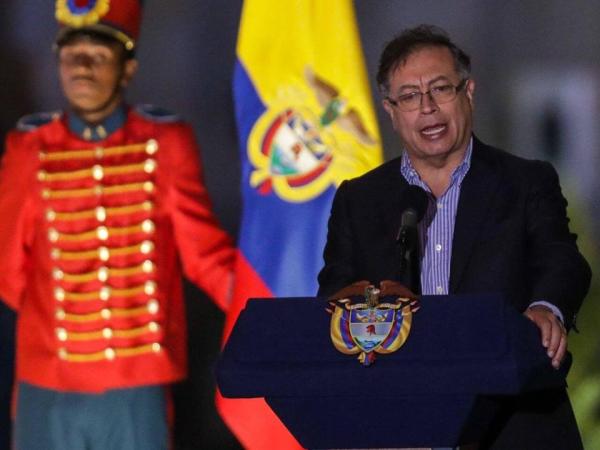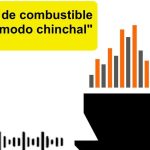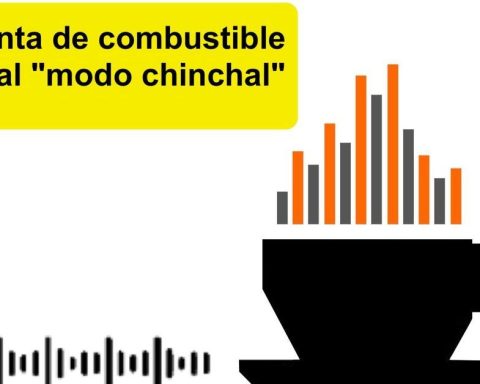In recent days, the decree authorizing President Gustavo Petro resume the functions of regulation of public services in the country. Decision that has been widely criticized, especially by the Energy and Gas Regulation Commission, Creg.
(Read: Energy, agriculture and health, the axes of the reindustrialization policy).
Analysts expect that the main effect of this decision will be on rates. “On the energy side, I think that what can be expected are regulations that affect the way in which rates are calculated and I imagine that something similar to the regulatory commission will happen on the water side, it also has the function of regulating the formulas and the forms and what can be charged and what not“, said Camilo Ignacio González, a professor at the Alberto Lleras Camargo School of Government at the Universidad de los Andes.
Consequently, there would be an impact on what people pay for public services. At the moment, it is not very clear if the way in which the service is provided and the obligations of the providers will also be intervened. The main thing will be the rates.
“This is quite problematic because the tariffs in theory should obviously cover the cost of operation and the reasonable profit that an operator should earn and receive to continue investing. In addition, in the case of energy, the composition of the tariff seeks to generate insurance so that suppliers or energy generators always maintain an installed generation capacity”, explains González.
According to the expert, sThere are different strategies that can be used to calculate rates. However, the key is that they are not too high but rather reflect the costs of running the system. For this reason, he recommends that it is best to “lower rates in a more organic way and more related to the way the energy system or the aqueduct works.”
(In addition: This is how the ‘cake’ of the addition to the National Budget would be distributed).
González also warns of changing the formula without taking into account other factors, “What I can easily achieve is that the generators have no way to operate or are unable to generate the capacity that the system needs to operate. Even if some leave or do not invest in the future as long as the rules of the game on how they will be able to collect are not clear and stable“said the expert.
The pros and cons of the measure
González acknowledges that the measure it can ease burdens for some people. Especially due to the current economic context of the country with high inflationary figures and apparent economic recession.
On the other hand, in the negative aspects, it stands out that they can be in the medium and long term in the system. In the main, because it is sought that these services are constant.
“By changing rates in a way that doesn’t take into account the long term, actual operating costs, or all market segments, it can have a very strong impact on the same ability to provide consistent service in the future.”“says the expert.
In addition, Another unfavorable point stands out, and that is that it gives a feeling that the rules for regulation are not stable. “A decision of this nature leaves the feeling that if suddenly the President does not like an issue, then he retracts him or picks him up and makes the decisions himself without it being clear,” he points out.
(See: Challenges and risks of the Petro government, according to five ex-Minhaciendas).
Regarding the extraordinary powers that this project allows Petro, the expert assures that it is common for the presidents to request this type of functions. “lWhat suddenly seems particular in this case is the amount and in the matter of these specific powers to issue decrees with the force of law“, he assures.
For González this is worryinge regarding the institutional balance and power Well, issues of a special nature and with a direct impact on society that should end up being discussed in spaces such as the Congress of the Republic.
“There are other types of things that should not be taken out of a broad discussion in Congress where there are various positions where there is a debate where reform can be“, he assures. Along with this, other attempts could be seen to concentrate certain decisions on the President.
(Also: Health reform: what Petro could do if they approve the project).
“At the same time that there is a space or an interest in generating public dialogue in the streets and spaces for participation, at the same time there is also a constant attempt to concentrate decisions on the figure of the President and these two things tend to be very contradictory” , points out González.
BRIEFCASE


















